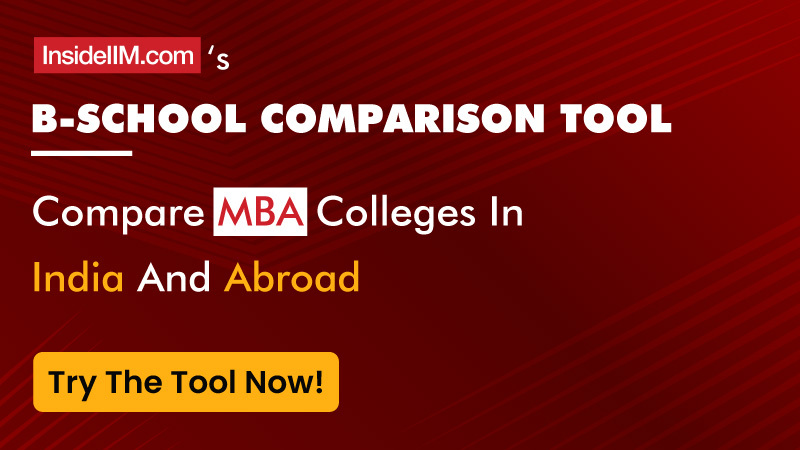One an one-on-one interaction with Amir Ullah Khan, he mentioned that small companies have been starved of capital. He believes that there is tremendous value in funding small enterprises in India in the range of $50,000 to $100,000 but they aren't getting it because big companies with political connections would be sitting on that debt. However, the bright spot is that a lot of PE firms have identified the potential in India's small businesses and we should see more activity. He believes even some private sector banks may help small entrepreneurs in Health, Agriculture and Education.
Ashish Gupta mentioned during the discussion that the biggest issue on which 'Make in India' or 'Make for India' depends is reforms around land acquisition and reforms around that. One of the anecdotes mentioned was on how farmers also try to game the system to their own benefit. One big project in Orissa which was supposed to begin in 2007 is still trying to acquire land. Many farmers who realize that a company needs contiguous land figure that they can extract more once the other farmers have already given their land. They block the process knowing that 80% of the farmers need to agree. So there are a lot of challenges which need to be battled. On the question of competition and monopolies, he mentioned that Telecom is one example which has grown in India because of market pricing. There are almost 10 competitors in a market like Mumbai which is unheard of in most markets in the world. The pricing in India is among the lowest across the world irrespective of whether you look at straight exchange rate conversions or through purchasing power parity. And that has been possible because of competition. Soumya said that the old Monopolies and Trade Practices Commission was largely ineffective because it did not have enough teeth and in cases where fines were imposed they weren't big enough. The new replaced Competition Commission of India has more powers but faces many challenges in operating independently.
During a one-on-one with Soumya Sarkar from Mint we asked him on the challenges to be objective and unbiased in the media when reporting on finance and business matters especially in an era where big businesses have interest in media and the continued role of advertising revenue in keeping media enterprises afloat. We also asked him if the reader will get unbiased views at all with everyone perceived to be aligned with some business or political interest. Soumya's view was that the reader is very intelligent. The reader can easily make out if a media house is consistently following an agenda. One way to counter the 'bias' perception is to help give a platform to all kinds of views.
During the day, research scholars from various top universities in India and across the globe kept presenting their papers which were well-discussed and critiqued by experts at the conference. To read the papers presented at the conference, you can click here
This is a Promoted Feature

















Comments